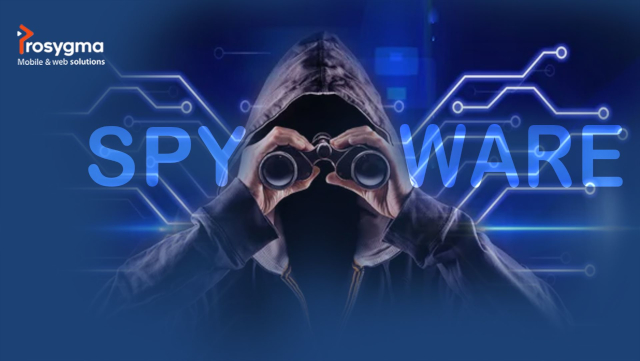Spyware can infiltrate your computer without your knowledge in several ways: through email attachments, malicious links, or even installed directly by a third party, such as your employer.
Regardless of how it gets there, the principle is the same: the software records your every move and transmits your information (emails, documents, websites visited) to the spy, without you being alerted.
Detecting such software is a challenge, but there are several methods that can put you on the right track.
Check for suspicious signs
Keep an eye out for these clues that may indicate the presence of spyware:
- Unexplained slowdowns: If your computer suddenly becomes slow, it may be a sign that a programme is running in the background.
- Unknown programmes: Open the list of running programmes (Task Manager on Windows or Activity Monitor on Mac) and look for names that are completely unfamiliar to you.
- For example, programmes called VNC and RealVNC are items to check.
Adopt best practices
The best defence against spyware is prevention and good digital hygiene.
- Install effective antivirus software: This is the most effective solution. Make sure it can detect spyware and, above all, that it is updated regularly.
- Use a firewall: Configure a software or hardware firewall to block suspicious outgoing connections. If a programme attempts to send data to an unknown server, your firewall will notify you.
- Be vigilant: Check your machine after it has been repaired. Check any new devices (such as cables) added to your computer.
Radical solutions
If, despite the tips mentioned above, you still have doubts, you can take more radical action by:
- Completely resetting your computer: The safest solution is to format your hard drive and completely reinstall your operating system. This removes all malware, including spyware.
- Buying a new machine: This is the safest way to ensure that your computer is no longer being monitored. As a security measure, avoid connecting hard drives or other external devices used on the old machine, as they may contain infected files.
What about you? Tell us in the comments how you protect your computer from spyware.
Vanessa Ntoh







